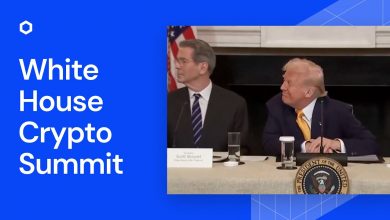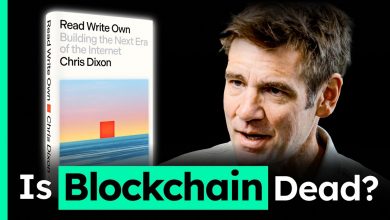Beyond Tokens: Building Web3’s Composable Knowledge Layer
The Web3 paradigm promises a decentralized, user-centric internet, but its potential extends far beyond cryptocurrencies and tokenized ecosystems.
At its core, Web3 is about rearchitecting how data, identity, and knowledge are created, shared, and governed.
While tokens have dominated the narrative—driving incentives, governance, and value transfer—a critical yet underexplored component of Web3’s evolution is the composable knowledge layer.
This layer, built on decentralized protocols, semantic technologies, and interoperable data frameworks, is poised to redefine how knowledge is structured, accessed, and utilized in a trustless, permissionless environment.
The composable knowledge layer is a decentralized infrastructure that enables the creation, storage, discovery, and reuse of structured knowledge in Web3. Unlike traditional knowledge systems—siloed in centralized databases or proprietary platforms—this layer is modular, interoperable, and open. It leverages blockchain, decentralized storage, semantic web technologies, and AI to create a dynamic, machine-readable, and human-accessible knowledge ecosystem.
The composable knowledge layer is Web3’s next frontier, moving the ecosystem beyond tokens to a world where knowledge is decentralized, verifiable, and reusable. By integrating technologies like DIDs, decentralized storage, semantic web standards, and AI, this layer can empower creators, developers, and communities to build a more intelligent and equitable internet.
While challenges remain, the potential to transform industries—from science to education to content creation—is immense. As Web3 matures, the composable knowledge layer will be the foundation for a new era of decentralized innovation, where knowledge is not just power but a shared, open resource for all.



